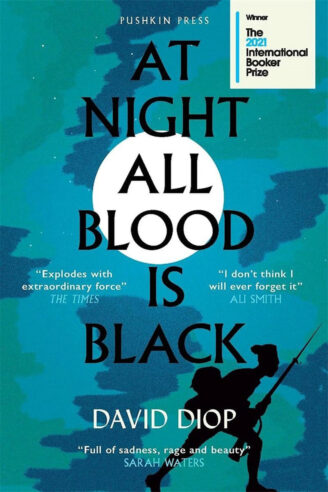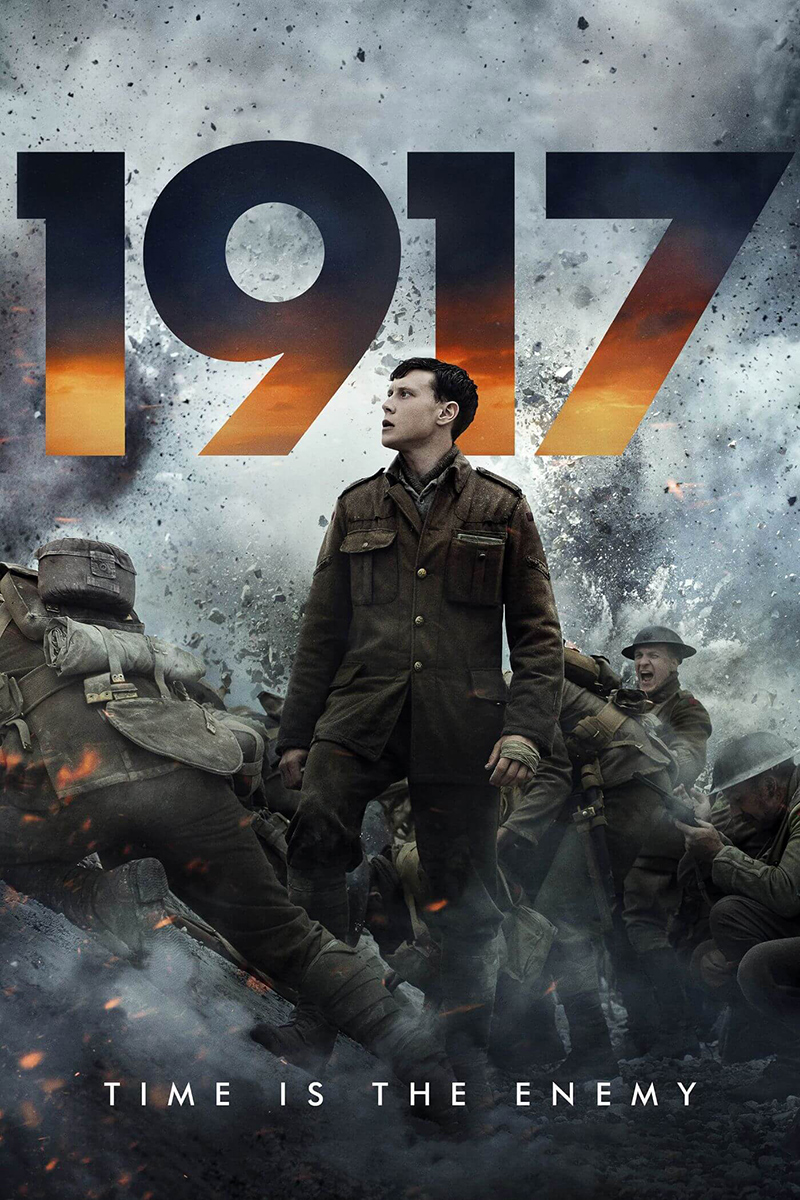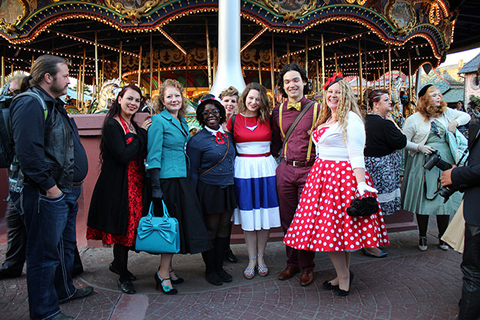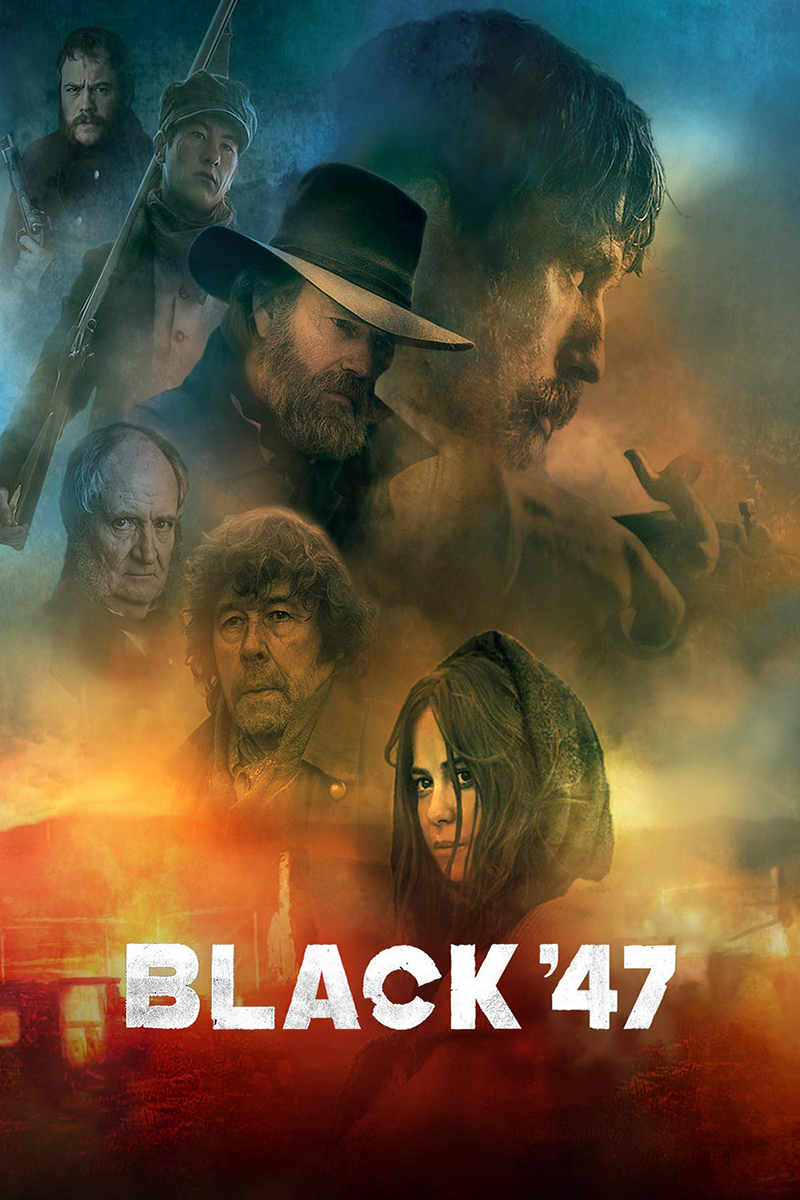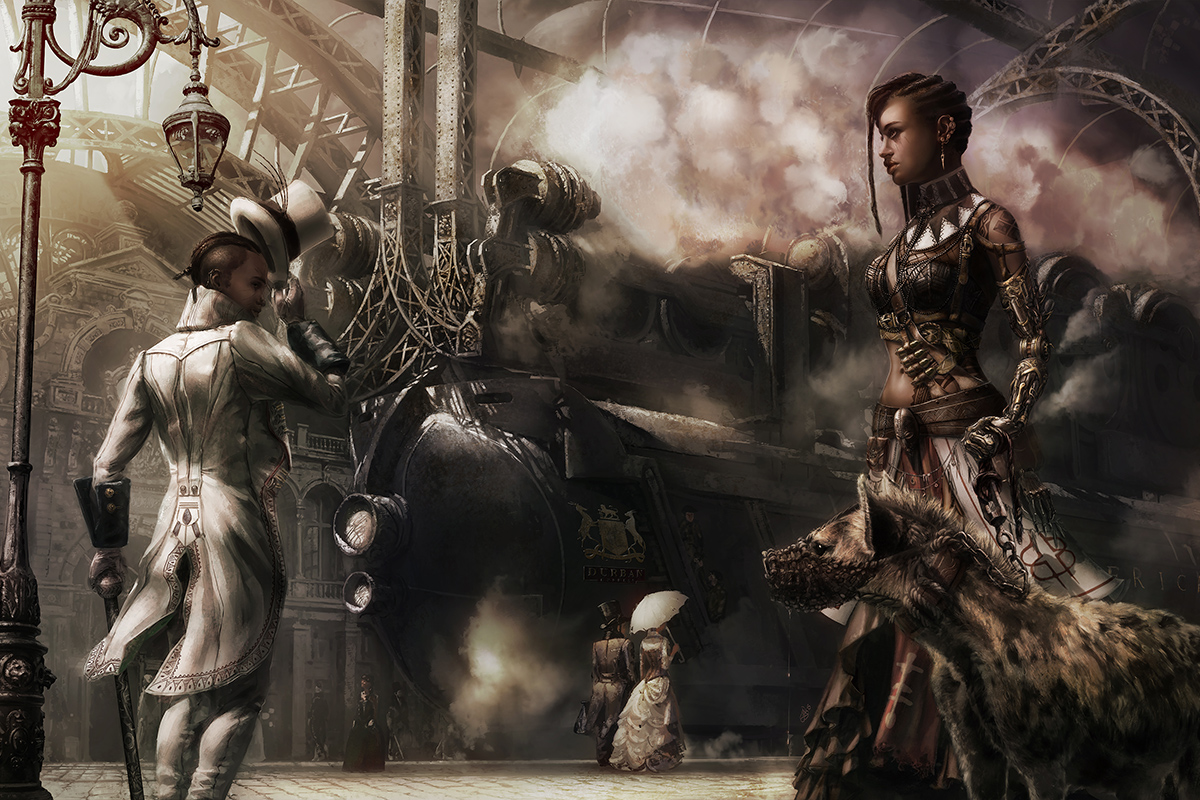Our image of the First World War is dominated by Europeans and their descendants. Trench warfare, as portrayed in books like All Quiet on the Western Front, is shown as fought by Americans, British, French and Germans.
Those European countries, however, were also imperial powers, with many subject peoples made to contribute thousands of men to the war effort. One recent novel does not overlook them: David Diop’s At Night All Blood Is Black, translated into English by Anna Moschovakis.
The story concerns a Senegalese tirailleur (infantryman) in French service, Alfa Ndaiye, and his relationship with his friend and comrade-in-arms Mademba Diop. When Mademba dies in combat, he begs Alfa to kill him as a mercy. Alfa is too queasy to undertake this grisly death and retreats with the other soldiers. Ashamed by what he perceives as his own cowardice, Alfa resolves that, every night, he will sneak across enemy lines, kill a German soldier and return with his severed hand. Before too long, this stunt ceases to be seen as brave by his comrades and rumors begin to circulate that Alfa is some sort of evil creature.
At Night All Blood Is Black inverts the basic plot of many American and European works of fiction that began with Joseph Conrad’s Heart of Darkness and was made most famous by Francis Ford Coppola’s Apocalypse Now wherein a white Westerner travels to a foreign country and is corrupted by the experience. In Diop’s novel, a man from an African country ruled despotically by Europeans is made to fight in a war that isn’t his and becomes monstrous, because war and imperialism are monstrous. Diop flips the trope on his head, showing how barbaric the allegedly civilized can be.
Throughout the narrative, there are interludes in Senegal set before Alfa and Mademba were sent to the trenches. The two compete as young men in a friendly manner amid an oppressive society; there is talk of an encroaching capitalist enterprise that threatens to destroy their way of life. They talk of women and of studying the Qur’an and of manliness. Beneath the brutality of combat, this is a Bildungsroman. There is tenderness in Senegal that is destroyed by the French and their war, and that is one of the novel’s core tragedies.
Diop’s view of the French is mixed. Alfa struggles with many of his white comrades, who think of him as barbaric and cannon fodder. There is one soldier friend of his and a doctor who is paternalistic but well-meaning. The novel will never let you forget, though, that the Senegalese tirailleurs are in the war against their will.
Taking center stage is Alfa himself. He is a man unmoored and confused. Like many young men, in wartime and not, he feels the need to prove himself. In Senegal, he would have found a peaceful, decent way to do this. French imperialism channels it into the horrors of war. He is, in a way, a deeply broken man, and this is the most intimate tragedy.
Anyone interested in World War I should read At Night All Blood Is Black. It humanizes people who are at best footnotes in far too many popular histories. It takes men whose place in the story is neglected and makes them the story.

